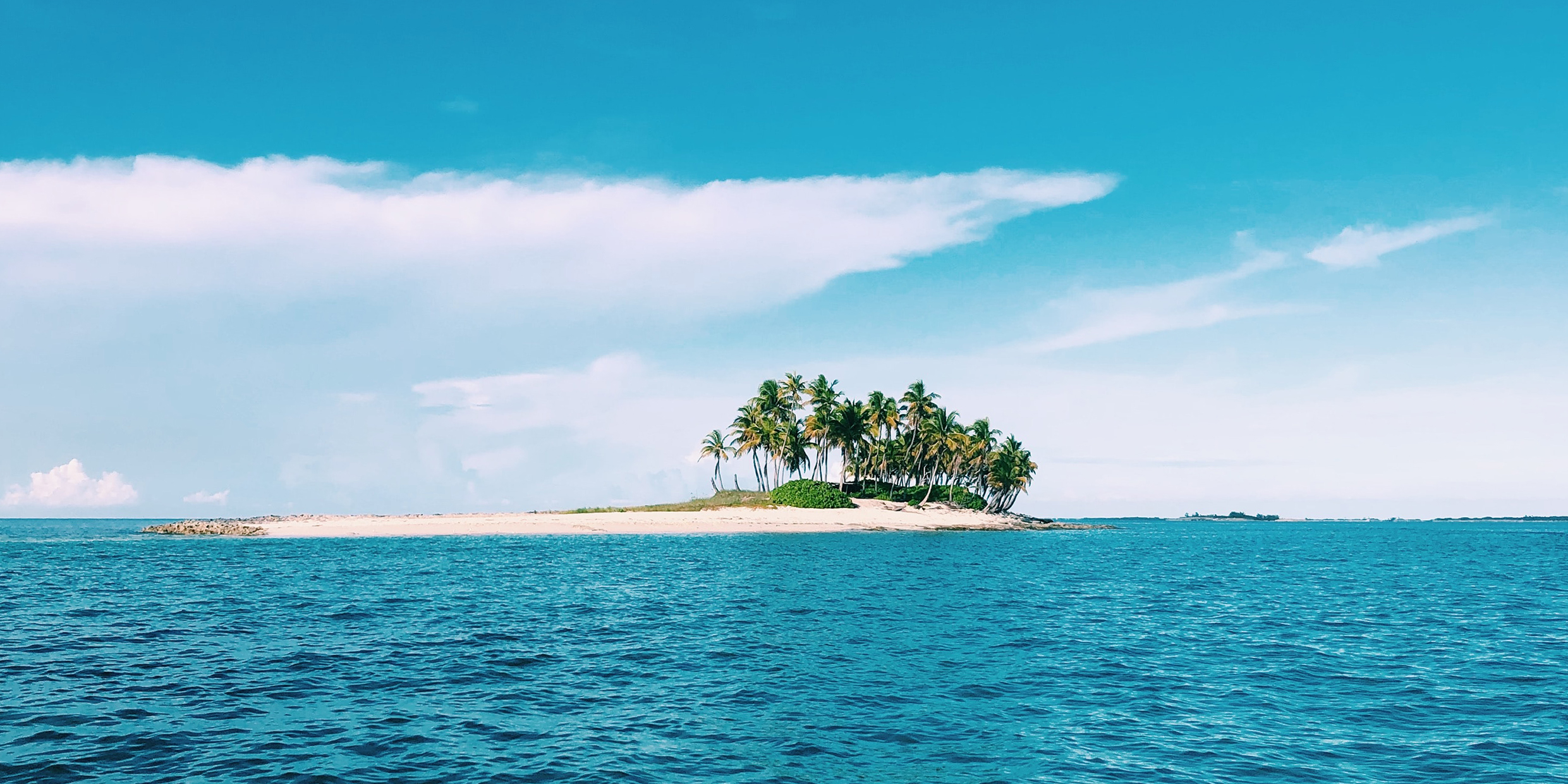Originally published 28 March 2000
EXUMA, Bahamas — One can be forgiven for being nervous about global warming if virtually your entire country lies only a few feet above sea level. As ocean water warms, it expands, and sea level rises. Also, a warming climate melts continental ice, further increasing the volume of the sea.
Recently, the Governor General of the Bahamas, Sir Orville Turnquest, said of global warming and rising sea levels: “If…we don’t protect the environment and stop this process, the Bahamas will disappear.”
The US Environmental Protection Agency has predicted that sea level will rise about a foot by the end of the century. That’s a “best guess.” More extreme predictions range up to 3 feet. A 3‑foot rise in the sea would put a good part of the Bahamas underwater, and make the rest vulnerable to hurricane surges.
The question: Is global warming real?
Naturally, there are naysayers. According to the Nassau Tribune, Laura Jones, director of Environmental Studies at the Fraser Institute in Vancouver, B.C., recently cautioned Bahamians about getting too worked up about rising sea levels. Discussions of global warming have been “very alarmist,” she reportedly told an environmental forum in Nassau. “We need to sit down and take a close look at the scientific evidence before we start to pursue policies that…are going to be very, very costly.”
The Fraser Institute is an economic think tank that advertises its mission as “Competitive Market Solutions for Public Policy Problems.” While one day there may be competitive market solutions to combat global warming, for now it is a public policy hot potato.
Most climatologists are convinced that the trend of rising temperatures is real, although there is no firm consensus even among scientists as to what the long-range effects will be on weather and sea level.
But opposing them is a pooh-poohing alliance of conservative media, politicians, and corporate interests.
A sticking point in the debate has been a discrepancy between ground-based temperature measurements, which show a rising trend, and satellite measurements of the temperature of the upper atmosphere, which show no change.
A panel of the US National Research Council recently decided that surface and upper atmosphere temperatures are not strongly linked, and that the apparent discrepancy between them does not invalidate the ground-based measurements. The panel concluded that an increase in global mean surface temperature over the past 20 years “is undoubtedly real and is substantially greater than the average rate of warming during the 20th century.”
According to a report in Nature: “The panel includes researchers who in the past have argued that the lack of evidence for warming from data gathered by satellite-based equipment cast doubt on global warming. Its unanimous conclusion therefore seems to refute one of the main arguments of opponents to the introduction in the United States of compulsory measures [to slow global warming].”
The squabbles between climatologists and politicians are of little comfort to people who live on islands that barely rise above the waves. When Hurricane Lily blew across this island a few years ago, lots of folks found fish on their front porches. If sea level rises by a few feet, the fish will be swimming in the front door.
In fact, these islands wouldn’t be here at all if it weren’t for ups and downs of the sea caused by the Ice Ages. During the last interglacial period, sea level was about 15 feet higher than now, and the Bahamas were reduced to a few ridge tops. During glacial periods, when the sea was hundreds of feet lower, most of the broad Bahama Bank was high and dry, and winds blew up the dunes that provide the backbones of the present islands.
Bahamians learn this geological history in school, so they know what sea-level change is all about. The government appears to be opting for an official policy of prudential planning, but I suspect that immediate economic gain, rather than prudence, will guide action in such things as shore development.
And who will blame them? A typical Bahamian politician would probably say, “As long as the US Congress continues to oppose most actions or incentives aimed at reducing greenhouse emissions, why should we make economic sacrifices? If global warming is real, as the scientists insist, it is not nations such as the Bahamas that have caused the problem.”
But if the scientists are right, the Bahamas will be one of the first places to suffer the consequences. There is only a single speck of land in the entire nation that rises as high as Disney World’s Space Mountain.



